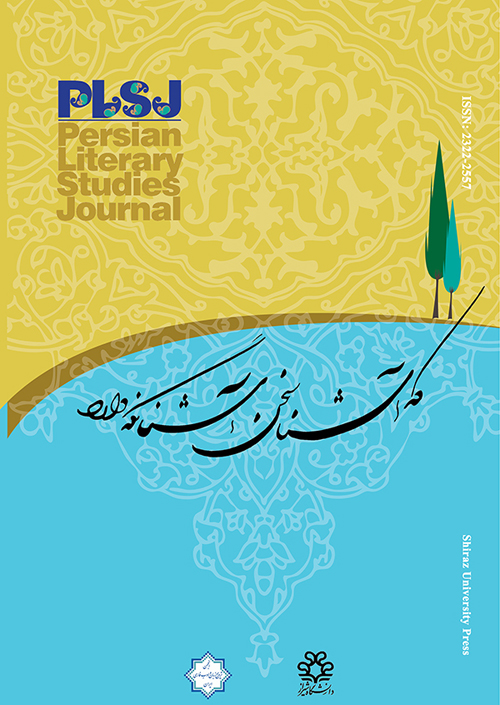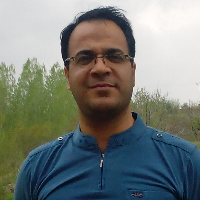The Image of Iranian Women in the Poetry of Constitutional Era
Author(s):
Article Type:
Research/Original Article (بدون رتبه معتبر)
Abstract:
The Constitutional Revolution in Iran provided grounds for both the realization of women’s personal and social rights and their entrance into the literature and literary discussions of that important era. In fact, women’s sociocultural status became one of the major subject matters of the poetry of the Constitutional Revolution era. It soon became so central to this poetry that few poets could ignore the themes of women’s freedom and rights. Equality, freedom, education, women’s social functions, critique of gender discrimination against women and blaming the perceptions of women as sex-objects are among the main themes reflected in the poetry of Constitutional Revolution. Among the outstanding poets of the time, Bahar and Nassim Shomal hold more traditional and temperate stances towards the subject of women’s rights, while others such as Iraj Mirza, Lahooti, Eshghi and Aref Ghazvini have more radical positions in this respect. They have sometimes even rejected Hijab for women. The present study aims at closely depicting the views of six poets about women and finding out the extent to which their special images of women can be analytically explained based on a theoretical framework. Results from this study show that feminist theories can be applied to justify and clarify the poets’ views of women’s rights and status in Constitutional Revolution time in many respects.
Keywords:
Language:
English
Published:
Persian Literary Studies Journal, Volume:8 Issue: 14, Summer-Autumn 2019
Pages:
19 to 44
magiran.com/p2452472
دانلود و مطالعه متن این مقاله با یکی از روشهای زیر امکان پذیر است:
اشتراک شخصی
با عضویت و پرداخت آنلاین حق اشتراک یکساله به مبلغ 1,390,000ريال میتوانید 70 عنوان مطلب دانلود کنید!
اشتراک سازمانی
به کتابخانه دانشگاه یا محل کار خود پیشنهاد کنید تا اشتراک سازمانی این پایگاه را برای دسترسی نامحدود همه کاربران به متن مطالب تهیه نمایند!
توجه!
- حق عضویت دریافتی صرف حمایت از نشریات عضو و نگهداری، تکمیل و توسعه مگیران میشود.
- پرداخت حق اشتراک و دانلود مقالات اجازه بازنشر آن در سایر رسانههای چاپی و دیجیتال را به کاربر نمیدهد.
In order to view content subscription is required
Personal subscription
Subscribe magiran.com for 70 € euros via PayPal and download 70 articles during a year.
Organization subscription
Please contact us to subscribe your university or library for unlimited access!




